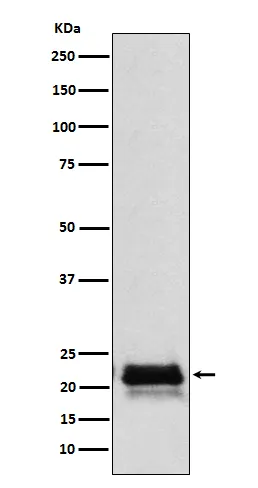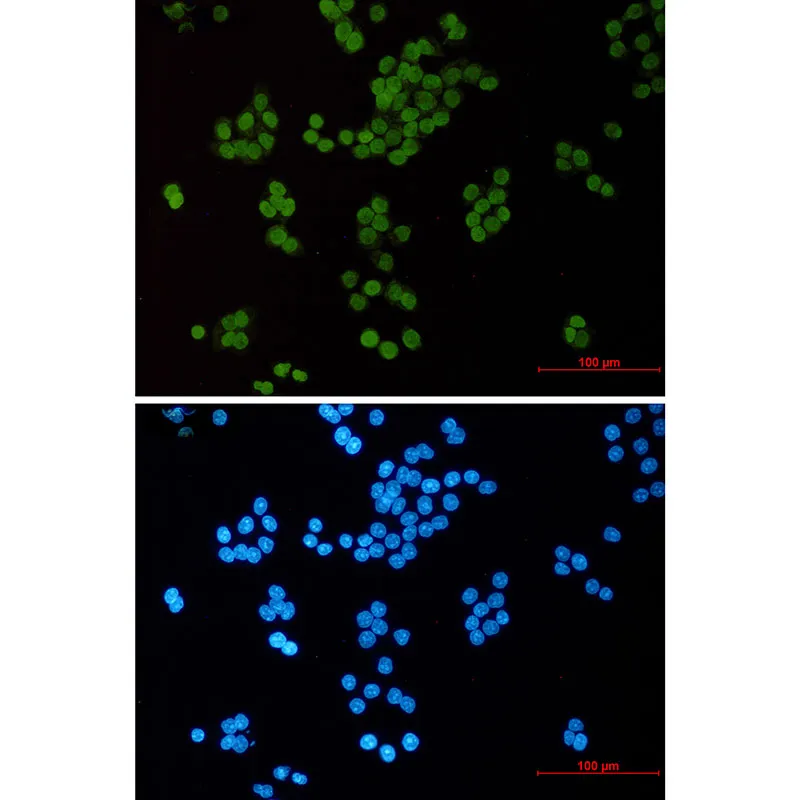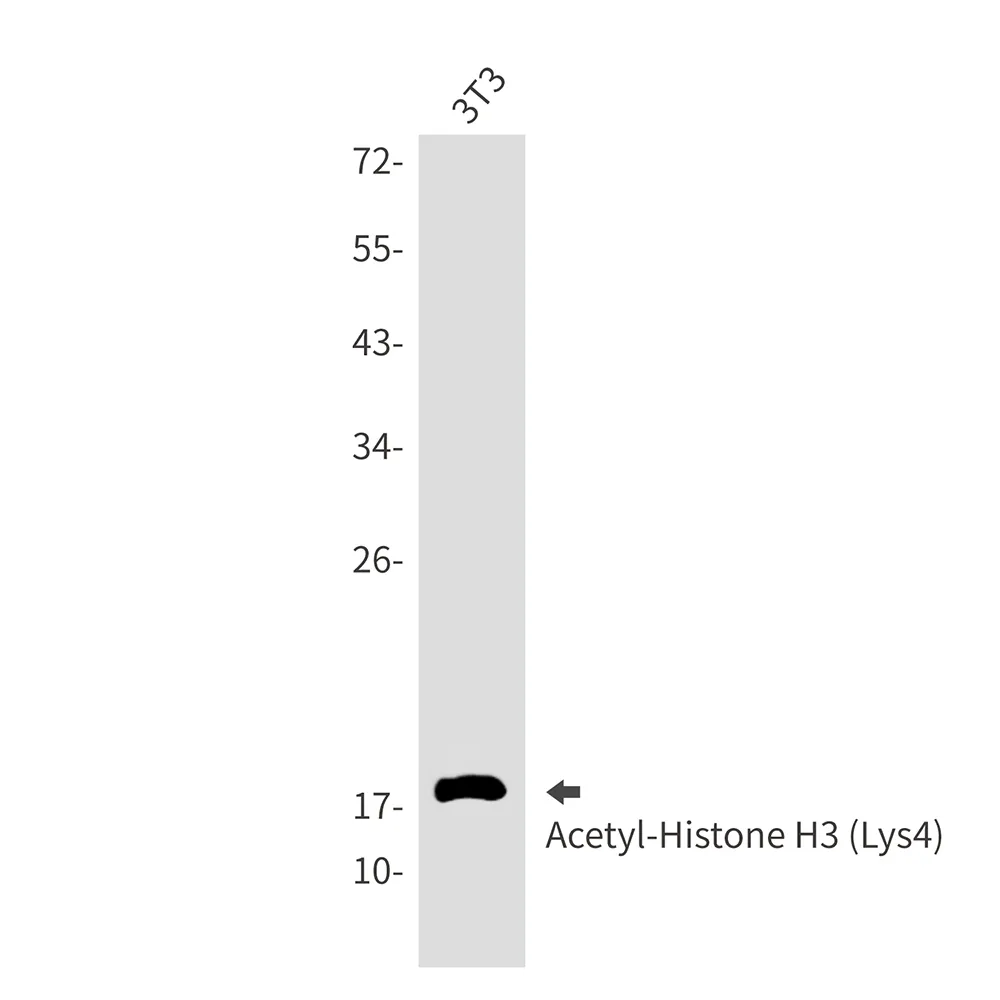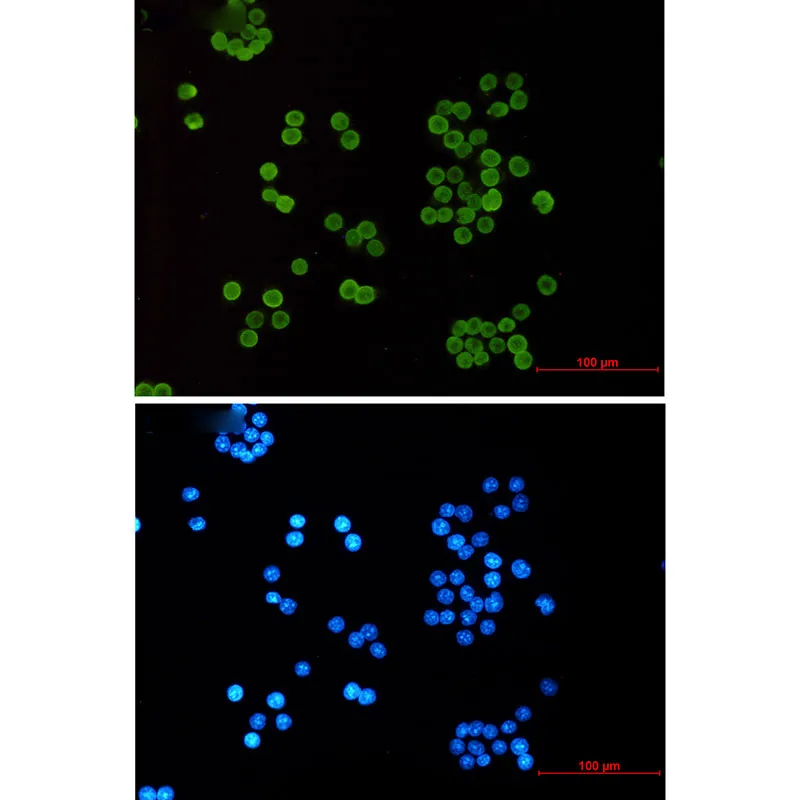产品概述
产品性能
免疫原
产品应用
研究背景
Cell localization:Cell membrane ; Single-pass type I membrane protein . Cell projection, cilium . Golgi apparatus ..platelet derived growth factor receptor alpha(PDGFRA) Homo sapiens This gene encodes a cell surface tyrosine kinase receptor for members of the platelet-derived growth factor family. These growth factors are mitogens for cells of mesenchymal origin. The identity of the growth factor bound to a receptor monomer determines whether the functional receptor is a homodimer or a heterodimer, composed of both platelet-derived growth factor receptor alpha and beta polypeptides. Studies suggest that this gene plays a role in organ development, wound healing, and tumor progression. Mutations in this gene have been associated with idiopathic hypereosinophilic syndrome, somatic and familial gastrointestinal stromal tumors, and a variety of other cancers. [provided by RefSeq, Mar 2012],
研究领域




